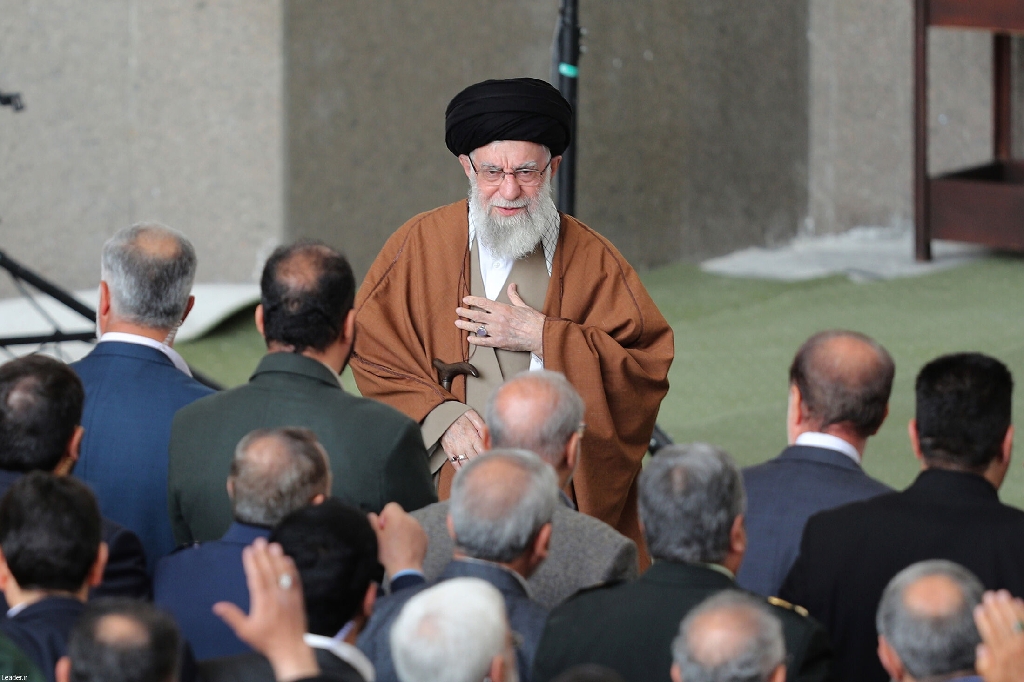Providence (United States) (AFP) – Brown University on Tuesday reached an agreement with students protesting the war in Gaza that would see them remove their encampment from school grounds in exchange for the institution considering divesting from Israel.
The move represents a first major concession from an elite American university amid relentless student protests that have paralyzed campuses across the country, divided public opinion and led to hundreds of arrests.
In a statement, Brown President Christina Paxson said students had agreed to end their protests and clear their camp by 5:00 pm local time Tuesday and “refrain from further actions that would violate Brown’s conduct code through the end of the academic year.”
In turn, “five students will be invited to meet with five members of the Corporation of Brown University in May to present their arguments to divest Brown’s endowment from ‘companies enabling and profiting from the genocide in Gaza’.” The board will vote on the proposal in October.
Student protesters jumped for joy upon hearing the news of the deal and chanted “with love not fear, divestment is getting near” before beginning to remove their tents.
“We are ending (the encampment) knowing that we made a huge victory for divestment at Brown, for this international movement and a victory for the people of Palestine,” said Brown student Leo Corzo-Clark. The university, located in Providence, Rhode Island, “has come to the table to listen to our demands and to listen to its students and to consider divesting from war, divesting from death, divesting from occupation,” said Sam Theoharis, another student protester.
The campus demonstrations have posed a major challenge to university administrators across the country who are trying to balance commitments to free expression with complaints that the rallies have veered into anti-Semitism and hate speech.
In her statement, Paxson said “the devastation and loss of life in the Middle East has prompted many to call for meaningful change, while also raising real issues about how best to accomplish this.” But she added: “I have been concerned about the escalation in inflammatory rhetoric that we have seen recently, and the increase in tensions at campuses across the country.”
© 2024 AFP




